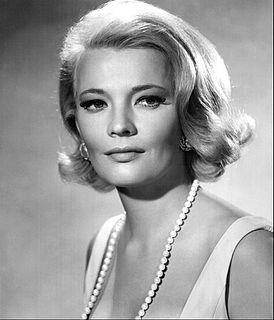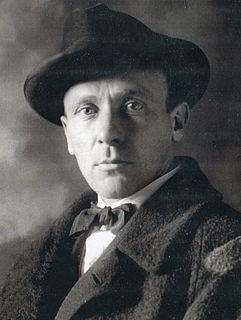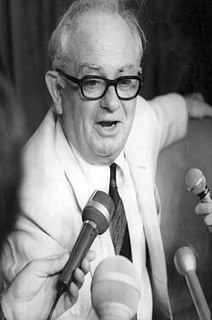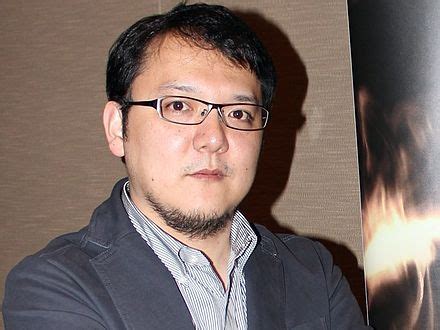A Quote by Ray Bradbury
After Hiroshima was bombed, I saw a photograph of the side of a house with the shadows of the people who had lived there burned into the wall from the intensity of the bomb. The people were gone, but their shadows remained.
Related Quotes
We can't go on forever with 11 million people living in this country in the shadows in an illegal status. We cannot forever have children who were born here - who were brought here by their parents when they were small children to live in the shadows, as well... What's changed, honestly, is that there is a new appreciation on both sides of the aisle, maybe more importantly on the Republican side, that we need to enact a comprehensive immigration reform bill.
What the art historians had forgotten is that in Chinese, Japanese, Persian, and Indian art, they never painted shadows. Why did they paint shadows in European art? Shadows are because of optics. Optics need shadows and strong light. Strong light makes the deepest shadows. It took me a few years to realize fully that the art historians didn't grasp that. There are a lot of interesting new things, ideas, pictures.
John [Cassavetes] had shot a great deal of Shadows and I had to go fulfill my contract in California, so he and all the rest of the Shadows cast came out to California and they finished it off and he cut it. He turned the garage into an editing room and he was by then a director of Shadows. That's the only thing he'd directed. But, he loved it.
But would you kindly ponder this question: What would your good do if evil didn't exist, and what would the earth look like if all the shadows disappeared? After all, shadows are cast by things and people. Here is the shadow of my sword. But shadows also come from trees and living beings. Do you want to strip the earth of all trees and living things just because of your fantasy of enjoying naked light? You're stupid.
We are finally living in Plato's cave, if we consider how those who were imprisoned within the cave - who could do nothing but watch those shadows passing on the back wall - were convinced that those shadows were their one and only reality. I see a profound similarity to all this in the epoch we're now living in. We no longer live simply through images: we live through images that don't even exist, which are the result not of physical projection but of pure virtuality.


































